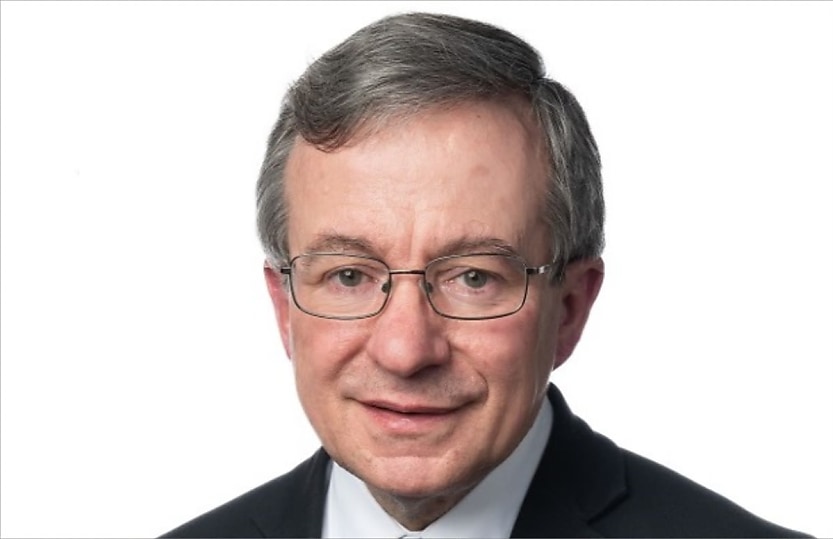ASIC chief accountant becomes AUASB chair

The appointment comes as the latest figures show a marked decline in the number of auditors.
The government has appointed Douglas Niven as the full-time chair of the Auditing and Assurance Standards Board (AUASB) for a period of five years, replacing Bill Edge.
Assistant Treasurer Stephen Jones said Mr Niven had 40 years of private and public sector experience in financial reporting, accounting and auditing, most recently as chief accountant at ASIC.
“The AUASB plays an incredibly important role in our economy by developing, issuing and maintaining auditing and assurance standards,” Mr Jones said.
“This appointment will add to the considerable skills and experience available to the AUASB.”
The AUASB said Mr Edge will continue as a member of the International Auditing and Assurance Board until 31 December 2024.
He had operational responsibility for ASIC’s financial reporting and audit surveillance from 2008–2021 and continued to have a key role in those programs.
He was also responsible for developing ASIC’s regulatory guidance on non-IFRS financial information, the operating and financial review, the role of directors in supporting audit quality, impairment guidance for directors and communicating ASIC audit findings to directors.
Mr Niven was involved with numerous committees and working groups at the International Organisation of Securities Commissions on Accounting, Audit and Disclosure as well as the International Forum of Independent Audit Regulators.
Prior to joining ASIC in 1998, Mr Niven worked at Deloitte Touche Tohmatsu from 1983 where he audited companies in the financial services sector and other industries.
Mr Niven’s appointment comes as the audit profession globally prepares to celebrate Auditor Proud Day this Thursday, 28 September, but the latest ASIC licensing update shows auditor numbers have tumbled by one-third in the past decade from almost 5,000 to just 3,285 by June this year.
That figure excludes SMSF auditors, although their numbers have also fallen from a peak of more than 7,000 in 2014, shortly after the specialty was introduced, to just 4,410 in June.
About the author







